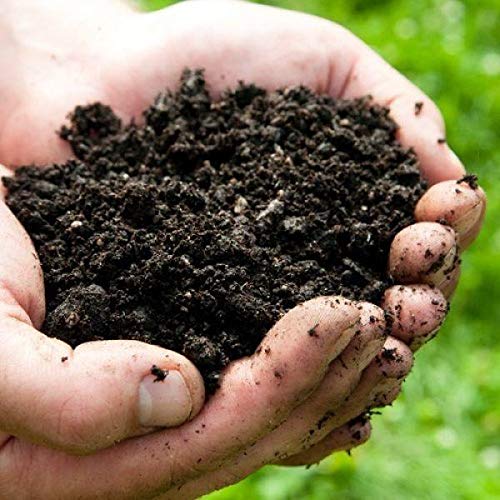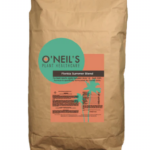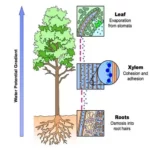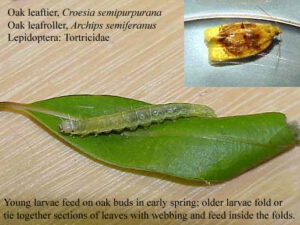Organic Fertilizer: What Is It Made Of?
Organic fertilizer are derived from natural materials that are abundant in essential nutrients for plant growth. They play a vital role in organic soil therapy, improving the overall health of the soil surrounding your plants and trees. While there is a range of fertilizers available, it is advisable to consult with a plant health care specialist to determine the specific fertilization needs for your plants and soil.
Here are some common methods used to create organic plant fertilizers:
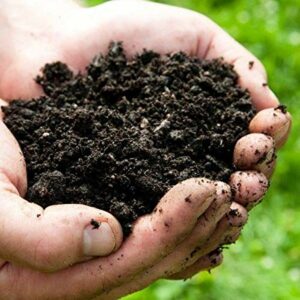
- Composting: This involves decomposing organic materials like food waste, yard waste, or manure. As these materials break down, they transform into nutrient-rich compost. Compost offers a balanced blend of macro and micro nutrients, fosters beneficial microorganisms, and contributes to soil health. Backyard composting or vermiculture (using worms), or Compost Tea are popular ways to produce compost.
- Animal-based fertilizers: These fertilizers are derived from animal byproducts such as feather materials and bone meal. They are rich in essential nutrients like calcium, nitrogen, and phosphorus, which are vital for plant growth. Animal-based fertilizers provide a quick nutrient boost, particularly beneficial for plants in their early stages of development.
- Plant-based fertilizers: Made from plant materials like grass clippings, alfalfa, or organic grains, these fertilizers are commonly found in the agricultural industry or can be obtained from harvested plants. They serve as excellent sources of nutrients and trace elements required for plant development.
- Organic amendments: These materials are added to the soil to enhance its health and structure. Examples include aged manure, peat moss, straw, sawdust, and wood chips. Organic amendments gradually release nutrients into the soil as they decompose, providing a long-term nutrient source for plants.
- Bio-fertilizers: Derived from beneficial microorganisms like fungi (mushrooms) and other nutrient-rich bio-organisms, bio-fertilizers improve a plant’s growth and development. They are often incorporated into the soil or injected into the roots, promoting plant growth and enhancing resistance to diseases and pests.
These are just a few examples of how organic fertilizer can be produced. It is crucial to adhere to proper guidelines and practices when creating organic fertilizers to ensure their effectiveness and promote the health of your plants and soil.

